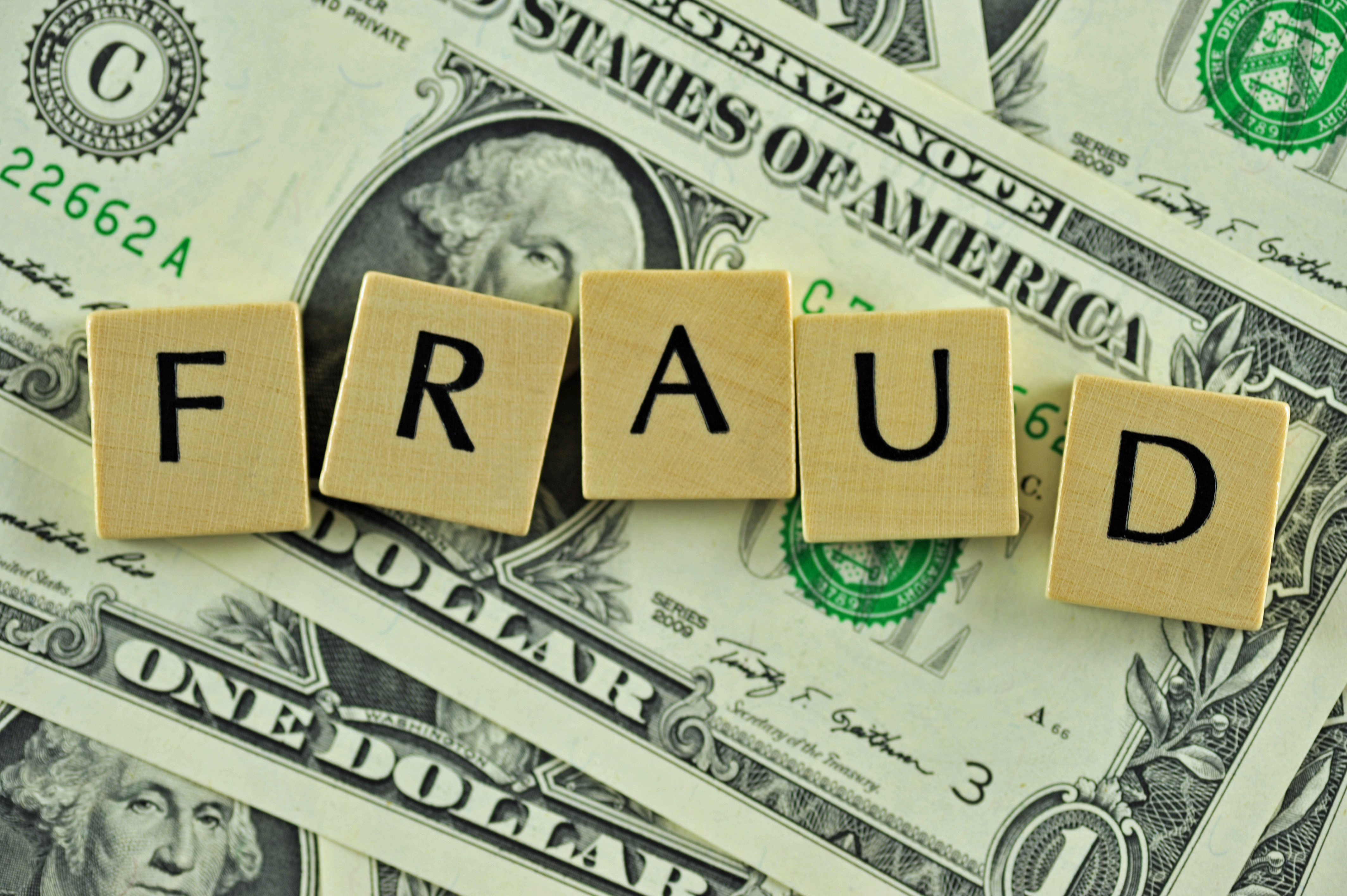
Americans are more and more nervous about monetary fraud, a brand new survey finds – even when a lot of them are prepared to bend the foundations themselves.
In a brand new report from FICO, 32% of Americans ranked fraud safety as their most essential consideration when selecting a monetary account, with 71% placing it of their prime three points.
Identity theft is a primary concern amongst survey respondents, with greater than one-third of them rating it because the monetary crime they’re most nervous about. Card theft and being “tricked into sending cash” have been the following two hottest fears, with 18% citing the latter as their prime fear. This comes as mortgage scams and title theft are on the rise, with criminals utilizing more and more refined methods to rip-off would-be homebuyers out of downpayments for houses that they do not truly personal.
The examine reveals a pressure in buyer expectations, although. While fraud safety was a prime situation on the minds of shoppers, ease of use was shut behind, with 40% of respondents rating it as their first or second most essential consideration. This creates a pressure for banks as they work out methods to maintain clients secure – one thing that usually requires consumer friction within the type of verification checks like two-factor authentication – whereas additionally making their platforms straightforward and easy to make use of.
Adam Davies, vp of product administration at FICO, mentioned monetary establishments ought to look to AI and different large information options to try to discover the suitable steadiness and apply checks extra exactly.
“When that steadiness is optimized in a finest observe means, the overwhelming majority of professional candidates will not even notice that fraud checks are taking place within the background,” he mentioned.
Some debtors okay with bending the foundations
Despite fears of being a sufferer of credit fraud, although, many candidates aren’t precisely towards manipulating the numbers for his or her profit. According to the survey, between one-quarter and one-third of Americans are open to fibbing about their earnings. When it involves mortgage functions, 29% of respondents mentioned it was okay in some circumstances or thought of it regular to magnify how a lot they make, and one-third felt that means when making use of for loans.
Davies pointed to a number of components that lead shoppers to overstate their earnings. Some are overly optimistic that they will get pay raises or earn extra sooner or later, he mentioned, whereas others take the view that everybody else is doing it so it isn’t a giant deal. And then there are financial components.
“When instances are powerful, we sometimes see an increase in opportunistic first-party fraud,” he mentioned. “With housing prices and dwelling bills outpacing earnings progress, some shoppers genuinely consider they’ll afford the funds even when their documented earnings suggests in any other case.”
While debtors might not assume a lot about being overly-optimistic when itemizing their earnings, Davies warned it may be a expensive downside for lenders.
“In some merchandise or portfolios, first-party fraud might account for as much as 30% of the debt ebook,” he mentioned. “This not solely drives monetary losses but additionally results in substantial operational and capital expenditure chasing debt that is unlikely to be recovered.”
Concerns about fraud come at a precarious time for banks and the mortgage trade. Artificial intelligence is creating enormous challenges as advances in deepfake expertise make it simpler for scammers to impersonate sellers, even on video calls, worrying many consultants. During a current speak on the Federal Reserve Board, OpenAI CEO Sam Altman warned of an “impending fraud disaster” for monetary establishments as generative AI rapidly outpaces firms’ potential to authenticate transactions.


